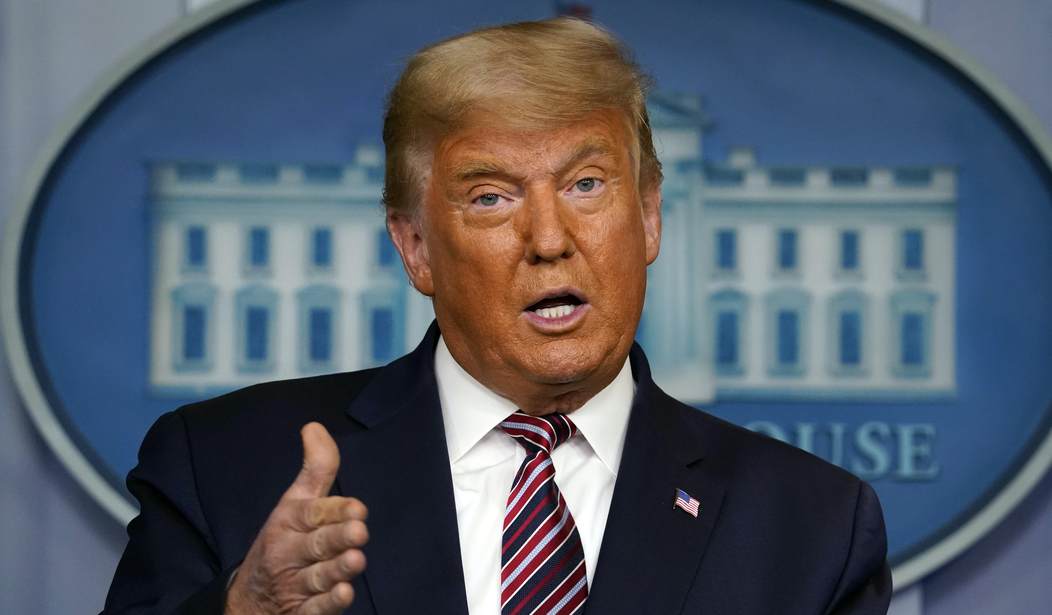On Tuesday, Andrew Wheeler, administrator of the Environmental Protection Agency (EPA) announced a new transparency rule to fight the EPA’s reliance on “secret science.” The rule directs the EPA to rely on studies that make their data public when it comes to rulemaking. Critics claim this excludes important studies, but Wheeler insisted that the rule will not undermine privacy concerns but rather hold the EPA accountable so the public can fact-check the science underlying its regulations.
“The work of the Environmental Protection Agency—to protect human health and the environment—shouldn’t be exempt from public scrutiny,” Wheeler wrote in a Wall Street Journal op-ed explaining the rule. “Too often Congress shirks its responsibility and defers important decisions to regulatory agencies. These regulators then invoke science to justify their actions, often without letting the public study the underlying data.”
“When agencies defer to experts in private without review from citizens, distinctions get flattened and the testing and deliberation of science is precluded,” Wheeler warned.
Earlier versions of the rule sparked pushback from the agency’s independent science board, but Wheeler’s finalized version involves a narrower take on transparency. It requires transparency in dose-response studies that show how increasing levels of exposure to pollution, chemicals, and other substances impact human health and the environment, not in all studies. The rule also allows the administrator to make an exception for any study he or she deems important.
Sen. Sheldon Whitehouse (D-R.I.), notorious for comparing any scientific claims he dislikes to the tobacco industry’s deceptive practices, naturally claimed that the transparency rule is “a page ripped straight from the science denial playbook of the tobacco and lead paint industries. If capable of shame, the polluter toadies leading Trump’s EPA should be ashamed.”
Egg on Their Faces: 10 Climate Alarmist Predictions for 2020 That Went Horribly Wrong
More serious objections came from Andrew Rosenberg, director at the Center for Science and Democracy at the left-leaning Union of Concerned Scientists. Rosenberg argued that “[w]hether the data is available or not has nothing to do with whether science is strong and whether it’s showing strong evidence of a health impact.”
Even so, the accuracy of data is essential for scientific inquiry, and its availability is important for public accountability.
Myron Ebell, director of the Center for Energy and Environment at the Competitive Enterprise Institute (CEI), where Wheeler announced the rule, praised it as a step forward for science.
“The final rule makes significant incremental improvements in the way scientific studies are used in the regulatory process. There is immense public support for more transparency in government, and there has been growing recognition in the scientific community that the use of secret science by EPA and other regulatory agencies not only leads to bad regulation; it also harms scientific research,” Ebell argued.
“Increasing polarization around scientific questions stems in part from too many public policy debates setting science in a category apart from normal discussion or standards. By shining light on the science we use in decisions, we are helping to restore trust in government. We want the EPA to be able to say, ‘you can check our work,'” Wheeler explained.
“Any government restrictions on individual freedoms and the American economy must be based on science that the public and non-government scientists can access and analyze,” James Taylor, president of the Heartland Institute, explained. “It is incompatible with democracy and transparency for government bureaucrats to impose restrictions that they say is based on science while refusing to provide the science or citing scientific studies that are not open to public analysis and confirmation.”
Wheeler warned against legacy media criticisms of the rule, saying that “environmental activists masquerading as environmental reporters” had misrepresented it. “I believe a number of the critics are very cynically trying to kill this effort, because they prefer the agency to make decisions in the proverbial smoke-filled back room, where they don’t have to explain how the agency reached a particular decision on a pesticide.”
Importantly, Wheeler insisted that the rule “is not a stick for forcing scientists to choose between respecting the privacy and rights of their study participants and submitting their work for consideration. No private information will be released as a result of this rule. We can verify results with independent review and still protect confidential and personal information.”
However, the rule “won’t allow administrators to cherry pick research to derive politically helpful results. It won’t categorically exclude any scientific work from EPA use. We don’t seek to limit anyone’s ability to conduct sound science.”
Given the ever-more-radical demands of climate alarmists and politicians who champion a socialist-inspired Green New Deal, it is vitally important for the EPA to issue rules based in science that Americans can fact-check. Many professional scientific societies have fallen in lockstep to promote the climate change scare despite the fact that climate alarmist predictions have failed time and time again.
Too many left-leaning politicians and activists simply claim that their policies are based in “science,” as though science has a policy agenda. While good policies must not contradict good science, science does not dictate specific policies. Tragically, many of the politicians who repeat the word “science” as some sort of mantra actually support extremist policies that fly in the face of the best science.
When government agencies like the EPA issue new regulations that have not passed Congress, it is important for the American people to be able to check the science behind the regulations.
Tyler O’Neil is the author of Making Hate Pay: The Corruption of the Southern Poverty Law Center. Follow him on Twitter at @Tyler2ONeil.









Join the conversation as a VIP Member